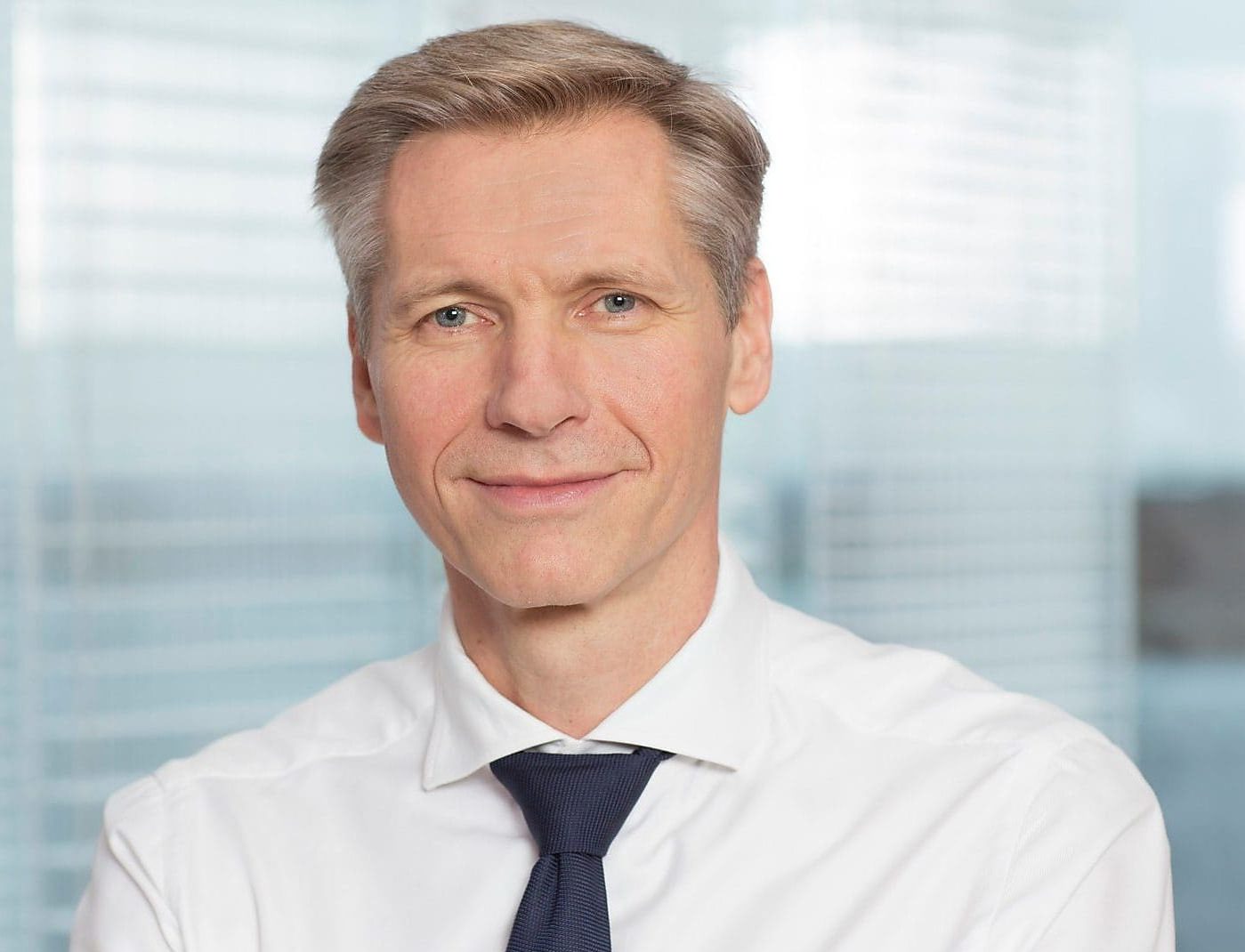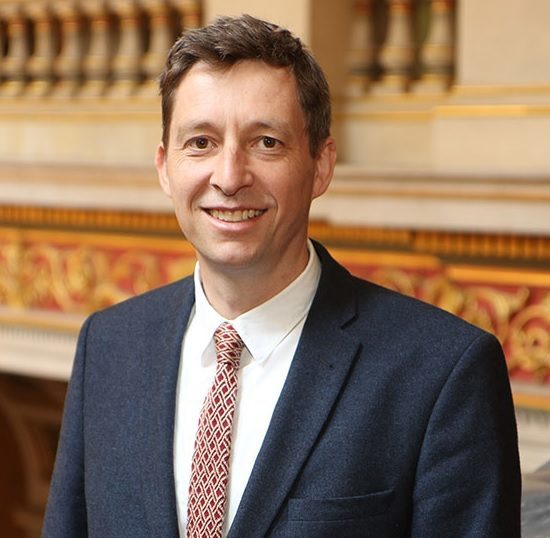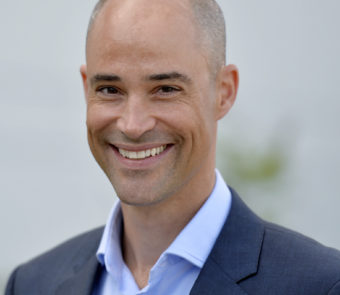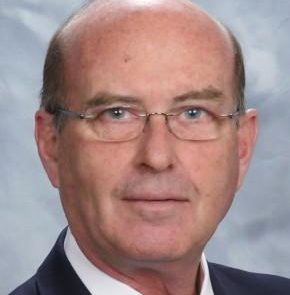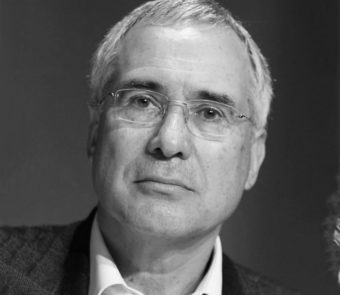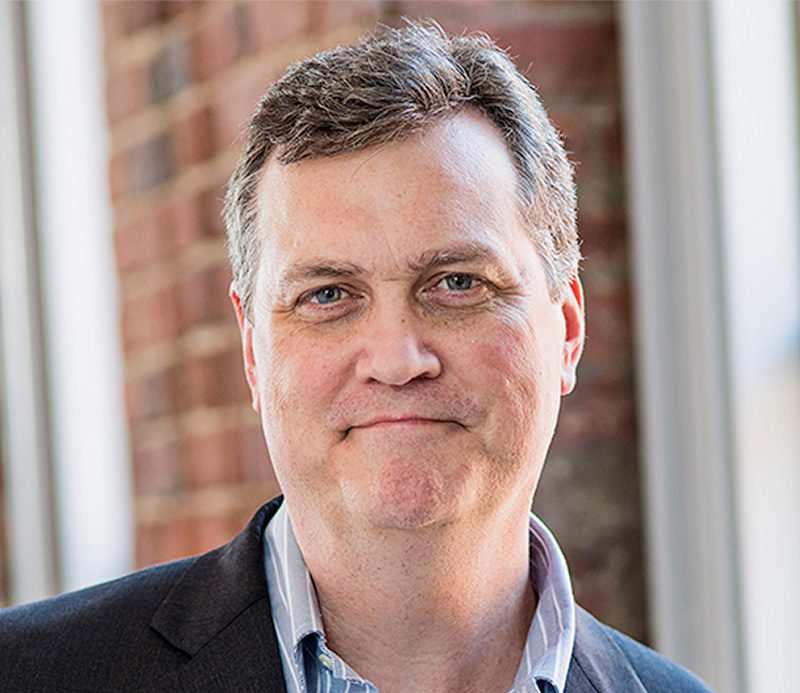The Net-Zero Industry Transition: Our Overlooked Climate Challenge
Harry Brekelmans
Project and Technology Director
Royal Dutch Shell
Harry was previously Executive Vice President for Upstream International Operated based in the Netherlands. He joined Shell in 1990 and has held various management positions in Exploration and Production, Internal Audit, and Group Strategy and Planning. From 2011 to 2013, he was Country Chair – Russia and Executive Vice President for Russia and the Caspian region.
Nick Bridge
UK’s Special Representative for Climate Change
Foreign and Commonwealth Office
Nick Bridge was appointed as the Foreign Secretary’s Special Representative for Climate Change in May 2017. He has worked in government for over 20 years and has had diplomatic postings to Japan, China and the United States. He was previously the United Kingdom’s Ambassador & Permanent Representative to the OECD, where he worked with others to establish and champion the OECD’s major cross-cutting programme ‘New Approaches to Economic Challenges’. He has also served as Chief Economist at the Foreign and Commonwealth Office, and worked in Her Majesty’s Treasury where he co-led a $4 billion facility to immunize half a billion people in the developing world.
Stephen Bull
Senior Vice President Wind & Low Carbon Development
Equinor
Stephen Bull is the Senior Vice President for Wind & Low Carbon Development in Equinor’s New Energy Solutions business area. His business unit covers project development for global offshore wind, floating offshore wind technologies, carbon capture & storage, clean hydrogen and energy storage. Stephen started his career in JP Morgan, London as an equities analyst before joining Norsk Hydro and Equinor.
With over 20 years in the international energy industry, Stephen has a broad background from oil trading, market analysis, business development and operational roles in the US onshore in Texas, Pennsylvania and North Dakota. Stephen is Chair of Renewable UK – the largest renewable industry association in the UK and is an advisor to the UK government on low carbon solutions. He writes regularly about energy transition themes on Twitter and LinkedIn.
Michael Eckhart
Adjunct Professor
Columbia University School of International and Policy Affairs (SIPA)
Michael Eckhart is an Adjunct Professor at Columbia University’s graduate School of International and Policy Affairs (SIPA), teaching Environmental Finance, and is under contract to write a book to be titled Climate Finance. He retired in 2019 from Citigroup in New York as Managing Director and Global Head of Environmental Finance, serving clients in renewable energy with corporate banking, investment banking capital market origination, and transaction services. He traveled regularly to the UK, Europe, Middle East, India, China, Japan, Korea, Australia, New Zealand, and Latin America. He continues to be actively engaged in leadership work with the UN, OECD, IRENA, REN 21, IIF, the Atlantic Council, and other groups.
Prior to Citi, he was founding President of the American Council On Renewable Energy (ACORE), a Washington DC-based 501(c)(3) non-profit organization. He previously led the SolarBank Initiative in Europe, India and South Africa, and earlier worked in power generation and advanced technology with United Power Systems, Aretê Ventures, General Electric Company and Booz, Allen & Hamilton. At Booz Allen, he led a three-year series of studies on the business prospects of the new energy technologies for President Jimmy Carter.
He has received a number of awards including Renewable Energy Man of the Year of India in 1998, the Skoll Award for Social Entrepreneurship in 2008, and the International Solar Energy Society’s Global Policy Leadership Award in 2013.
In non-profit work, he is Vice Chairman of the Oyster Recovery Project in Maryland, which is an $8 million/year operation reseeding the Chesapeake Bay with approximately 1 billion oysters per year in sanctuaries and other areas seeking the ecological restoration of the Chesapeake Bay.
He served in the U.S. Navy Submarine Service and holds a BS in Electrical & Electronic Engineering from Purdue University and MBA from Harvard Business School.
Will Gardiner
Chief Executive
Drax Group plc

Will Gardiner is Chief Executive of Drax Group plc, the UK’s largest renewable generator. Drax owns and operates a portfolio of flexible, low carbon and renewable electricity generation assets across Britain. The assets include the UK’s largest power station, based at Selby, North Yorkshire, which supplies six percent of the country’s electricity needs.
Prior to joining Drax Will was Chief Financial Officer of CSR plc, a global semiconductor business. He had previously been a Divisional Finance Director of BSKYB and Chief Financial Officer of Easynet Group plc.
Will graduated from Harvard University with a BA Magna Cum Laude in Russian and Soviet Studies and from Johns Hopkins University with an MA in International Relations. He spent the early part of his career in corporate finance with Citibank and JP Morgan.
Melanie Kenderdine
Principal
Energy Futures Initiative
Melanie Kenderdine is a principal of Energy Futures Initiative (EFI) and a non-resident senior fellow at the Atlantic Council. She is also currently a Visiting Fellow at the Energy Policy Institute at the University of Chicago (EPIC). Kenderdine served at the Department of Energy from May 2013–January 2017, as the Energy Counselor to the Secretary and concurrently as the Director of DOE’s Office of Energy Policy and Systems Analysis. She was responsible for analysis and policy development in DOE’s annual review of the Renewable Fuel Standard Program requirements, energy innovation, and climate change. She produced two installments of the Quadrennial Energy Review and helped conceive of and develop the Energy Security Principles adopted by G-7 leaders in 2014.
As Energy Counselor to the Secretary, Kenderdine provided key strategic advice on a range of issues, including Mission Innovation, a 22-country+ EU initiative that supports transformational clean energy RD&D; North American grid integration and security; and the modernization of the Strategic Petroleum Reserve. Prior to her service at DOE, Kenderdine helped to establish the MIT Energy Initiative (MITEI) and served as its Executive Director for six years. Kenderdine also started the C3E Symposium series, a joint MIT-DOE program to support the careers of women in clean energy with cash prizes; she still serves as a DOE C3E Ambassador. Before joining MITEI, Kenderdine served as the Vice President of Washington Operations for the Gas Technology Institute (GTI) from 2001 to 2007. From 1993 to 2001, Kenderdine was a political appointee in President Bill Clinton’s administration, where she served in several key posts at DOE, including Senior Policy Advisor to the Secretary, Director of the Office of Policy, and Deputy Assistant Secretary for Congressional and Intergovernmental Affairs.
Jennifer Layke
Global Director Energy Program
World Resources Institute
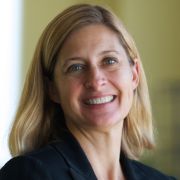
Jennifer Layke is the Global Director, Energy Program at World Resources Institute. Jennifer leads a team of over 40 energy specialists around the world demonstrating approaches to deploying energy efficiency, renewable energy and energy access solutions. Her work has focused on innovative energy procurement paths for corporate and city use of clean energy.
Jennifer co-founded the Building Efficiency Accelerator (BEA), a public private collaboration of over 35 partners supporting 30 cities implementing efficiency policies and projects in support of the Sustainable Energy for All Initiative (SEforALL). Her pioneering U.S. Green Power Market Development Group created in 2000 was an early foundation for nearly two decades of corporate renewable energy procurement efforts. She led WRI’s work on U.S. cap and trade design from 2006-2009 in the U.S. Climate Action Partnership.
From 2010-2014, Jennifer created and directed Johnson Controls’ Institute for Building Efficiency, a global initiative to provide information and analyses on the technologies, policies, and practices to deliver high performance buildings.
Jennifer’s international experience includes consulting for the World Bank and the U.S. EPA on technology transfer for ozone layer protection under the Montreal Protocol. In 1990, she was awarded a Thomas J. Watson Foundation fellowship for a year of sociology research in Singapore, Malaysia and Taiwan.
She has an A.B. in Asian Studies/Political Studies from Pitzer College in Claremont, CA, and was a student at Nanjing University, China during her undergraduate years. She also has an M.S. and MBA from the University of Michigan’s Erb Institute for Sustainability.
David Livingston
Deputy Director, Climate and Advanced Energy
Atlantic Council Global Energy Center

David Livingston is deputy director, climate and advanced energy, of the Atlantic Council’s Global Energy Center.
He is also a fellow of the Initiative for Sustainable Energy Policy at Johns Hopkins University, and of the Payne Institute at the Colorado School of Mines. He also teaches a course on energy for the University of Southern California (USC) program in Washington, DC, and serves as a strategist for the Obama Foundation Scholars program.
Previously, Livingston served as a fellow at the Carnegie Endowment for International Peace, and as the inaugural Robert S. Strauss fellow for geoeconomics at the Office of the US Trade Representative, where he concluded as acting assistant US trade representative for congressional affairs.He also has worked at the World Trade Organization in Geneva and at the United Nations Industrial Development Organization (UNIDO) in Vienna.
Earlier in his career, Livingston was selected as a Future Energy Leader by the World Energy Council, and is an alumnus of the Atlantik Brücke Young Leaders Program.He earned a BA with highest honors from the University of Southern California in Los Angeles, and an MSc with distinction from the University of Oxford in the United Kingdom.
Andrew Prag
Head, Environment & Climate Change
International Energy Agency
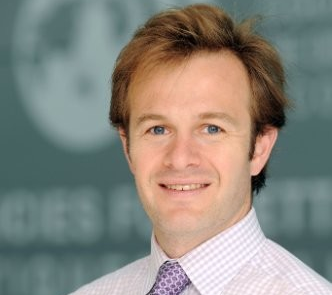
Andrew Prag is Head of the Environment and Climate Change Unit at the International Energy Agency (IEA) in Paris. Before joining the IEA, he spent 7 years at the Organisation for Economic Co-operation and Development (OECD) where he led research projects related to energy, climate change, trade and environment policy, including extensive work on carbon pricing. During this time he was closely involved with the UN climate change negotiations (UNFCCC) and the G20 process. Prior to the OECD, Andrew was a principal consultant for Camco Clean Energy where he developed carbon credit projects, and also chaired a policy working group for the Carbon Capture and Storage Association. Earlier in his career he held a variety of roles in the energy sector, including downstream production management with Royal Dutch Shell. He holds an MSc in environmental technology from Imperial College, London, and an MA in natural sciences from Cambridge University, UK.
Mahendra Singhi
CEO
Dalmia Cement
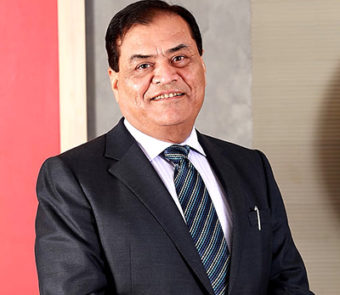
Mr Mahendra Singhi, the Managing Director and CEO of Dalmia Cement (Bharat) Limited, has 41 years of experience and is best known for being an avid advocate of sustainability. Dalmia Bharat has been ranked the No 1 cement company across the global cement sector by the award winning research series of CDP (Carbon Disclosure Project) on business readiness to low carbon growth.
A positive thinker and strong supporter of the happiness culture in the organisation, Mr Singhi promotes innovative ideas and research. He believes research has the potential to address climate change issues and create future opportunities for businesses.
A science and law graduate and a Chartered Accountant by training, Mr Singhi is also a spiritual person and an avid reader of behavioural psychiology.
Lord Nicholas Stern
Chairman
Grantham Research Institute on Climate Change and the Environment
Professor Lord Nicholas Stern of Brentford, Kt, is IG Patel Professor of Economics and Government at the London School of Economics and President of the British Academy. He is Chairman of the LSE’s Asia Research Centre and of its Grantham Research Institute on Climate Change and the Environment.Nick Stern was previously Chief Economist of the World Bank and Senior Vice President, Development Economics (2000-03) and Chief Economist and Special Counsellor to the President of the European Bank for Reconstruction and Development (1994 until late 1999). He was Head of the UK Government Economic Service (2003-07) and Second Permanent Secretary to Her Majesty’s Treasury (2003-05). He was Director of Policy and Research for the Prime Minister’s Commission for Africa (2004-05), and led the Stern Review on the Economics of Climate Change (2005-06).From 1986 to 1993 Nick Stern taught at the London School of Economics, where he was Sir John Hicks Chair in Economics.
He has also taught and researched at Oxford and Warwick Universities, the Massachusetts Institute of Technology, the Ecole Polytechnique and the Collège de France in Paris, the Indian Statistical Institute in Bangalore and Delhi, and the People’s University of China in Beijing. His research and publications have focused on the economics of climate change, economic development and growth, economic theory, tax reform, public policy and the role of the state and economies in transition. He has published more than 15 books and 100 articles. Nick Stern was knighted for ‘services to economics’ in June 2004 and he was made a member of the House of Lords in 2007.
Guloren Turan
General Manager – Advocacy and Communications
Global CCS Institute
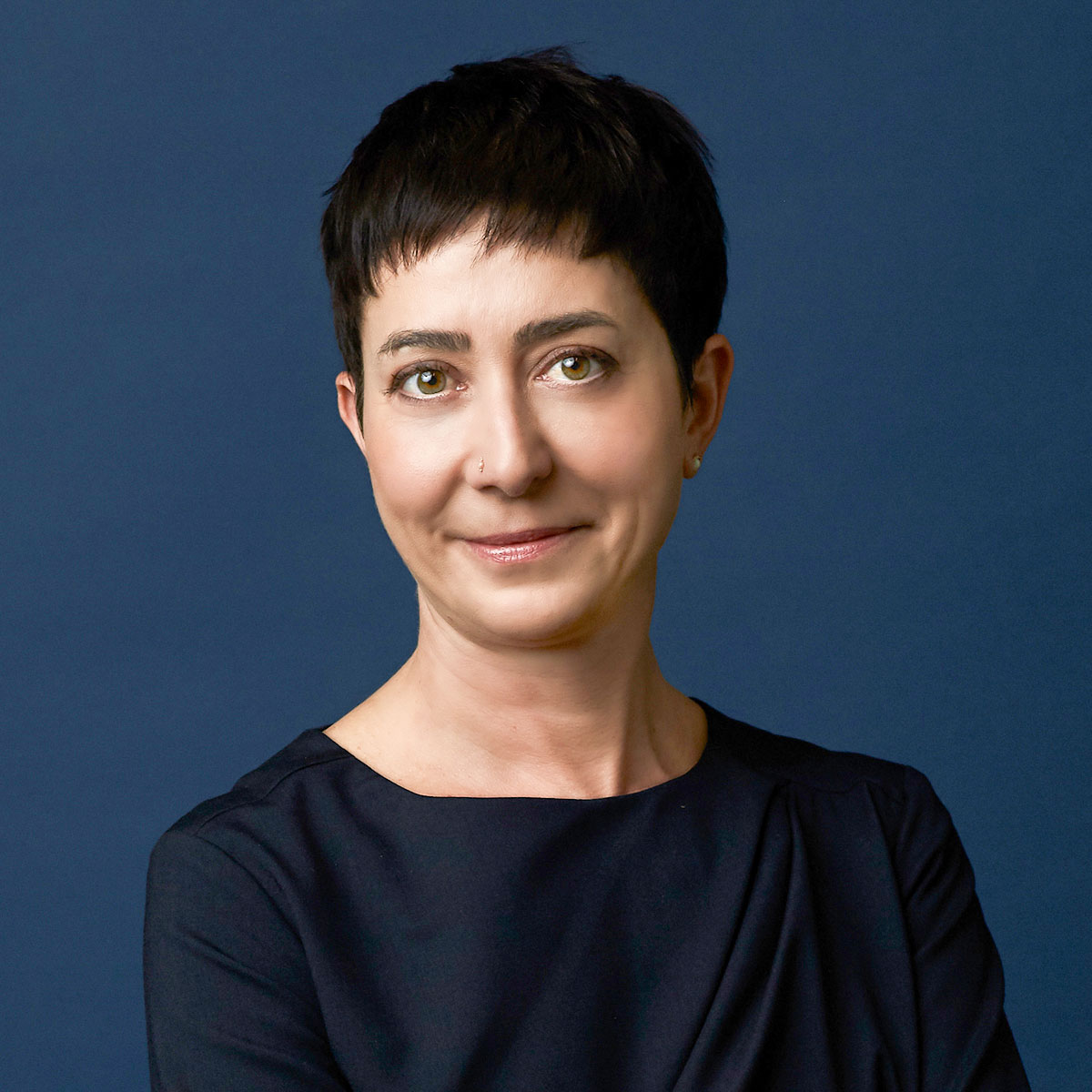
Guloren is based in our London office, with responsibility for the Advocacy team globally, including our international climate policy activities focused on the UNFCCC and its related bodies.
Guloren has extensive experience in the energy and climate fields. From 2015 to 2017, Guloren led the Government Affairs activities at the Trans-Adriatic Pipeline. Prior to this she held a number of roles over the course of 9 years at BG Group, including Head of Climate Change Strategy, Head of Business Risk for the Group and Lead Corporate Strategist. Guloren holds a Master’s Degree in Public Administration from Harvard Kennedy School of Government, an MBA from Cornell University and BSc Industrial Engineering from Istanbul Technical University.
Kurtz Waltzer
Managing Director
Clean Air Task Force
Kurt Waltzer is the Managing Director for the Clean Air Task Force. He is responsible for ensuring that CATF has the strategic and operating capabilities it needs to carry out its mission. In this role he provides oversight and support of organizational management and administrative activities, as well as ongoing development and implementation of organizational strategy.
In addition, Kurt maintains a focus on Carbon Capture, Utilization, and Sequestration (CCUS) development and deployment under the Fossil Transition program. Kurt was an early advocate of advanced fossil and CCUS in the environmental NGO community and has been working to promote it since 2001. He has led the development of federal and state incentive policies for CCUS, and helped facilitate support for CCUS projects. He’s authored and co-authored several reports and articles as well as managed several economic analyses on low carbon fossil technology.
Kurt has an MBA form the Ross School of Business at the University of Michigan and a degree in economics from Ohio State University.
